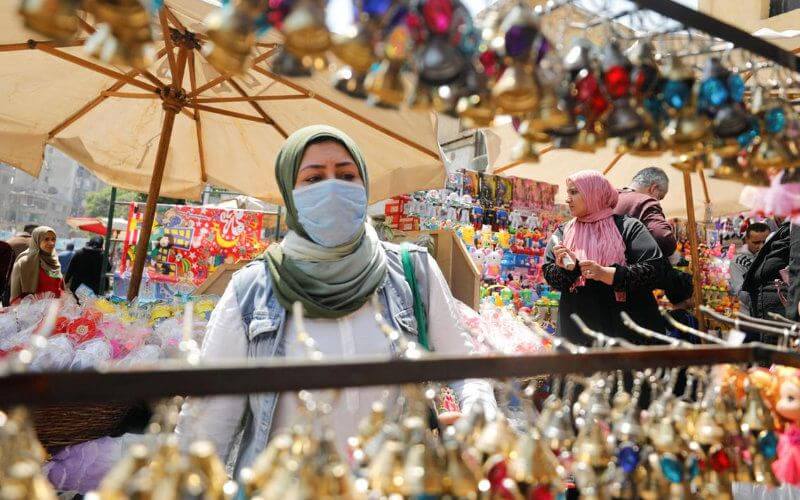Ramadan 2021: Muslims Face Second Year of COVID Restrictions

Just like last year, Muslims are preparing to spend the month of Ramadan under health restrictions related to the Covid-19 pandemic. These restrictions are more strict in some countries, but eased in other countries due to their epidemiological situation.
The coronavirus will, once again, disrupt the month of Ramadan, which begins this Tuesday, April 13, 2021 and will end on May 13, the date that will mark Eid al-Fitr. Muslims will thus live this holy month with their families. Health restrictions require it. No more gatherings in cafes, large iftar dinners with loved ones, festivals in the streets. In other words, no family and religious gatherings at the time of breaking the fast. Prohibitions that break with traditional practices. Many countries such as Lebanon, Tunisia, Morocco have already tightened the restrictive measures.
In Morocco, the government has imposed a curfew during Ramadan. Nighttime travel nationwide from 8:00 pm to 6:00 am, except for exceptional cases, is prohibited from April 13. Tarawih prayers will not take place in mosques. In Tunisia, the curfew is maintained at 10 pm. Lebanon imposes a curfew at 7 pm. Iftar tents and traditional banquets are prohibited. However, mosques are allowed to welcome worshippers, at 30% of their capacity. Prior registration via a platform is required to have access.
In the United Arab Emirates, the restrictions are the same. "For the health and safety of society, we advise everyone to avoid gatherings in the evening during Ramadan, to limit family visits and to avoid distributing and exchanging meals between households and families," tweeted the National Emergency Crisis and Disasters Management Authority (NCEMA). In Egypt, the faithful can participate in prayers in mosques or follow them on television. On the other hand, the courses and seminars usually organized in the mosques are suspended.
In Saudi Arabia, the two essential meals of Ramadan, iftar and suhoor, are prohibited inside places of worship. Only people vaccinated against Covid-19 will be allowed to perform the umrah or prayers in the Grand Mosque of Mecca at the beginning of Ramadan. In France, the French Council of the Muslim Faith (CFCM) chaired by Mohammed Moussaoui has called on Muslim faithful to live this month of Ramadan in strict compliance with the health measures issued by the French authorities to curb the spread of the coronavirus and its variants.
Related Articles
-

Tax-Free Shopping in Morocco: 5 Ways Travelers Can Save Big on Purchases
24 August 2025
-

Spanish Weapons Ban Backfires: Algeciras Port Loses to Moroccan Rival as US Ships Flee
24 August 2025
-

Moroccan Crown Prince Sparks Intrigue with Jet Ski Convoy Near Disputed Ceuta Waters
24 August 2025
-

Ambitious Gibraltar Tunnel to Bridge Europe and Africa by 2040, Faces 50 Billion Euro Price Tag
24 August 2025
-

Bouregreg Valley Transformation: Massive Land Expropriation Sparks Development and Controversy
23 August 2025